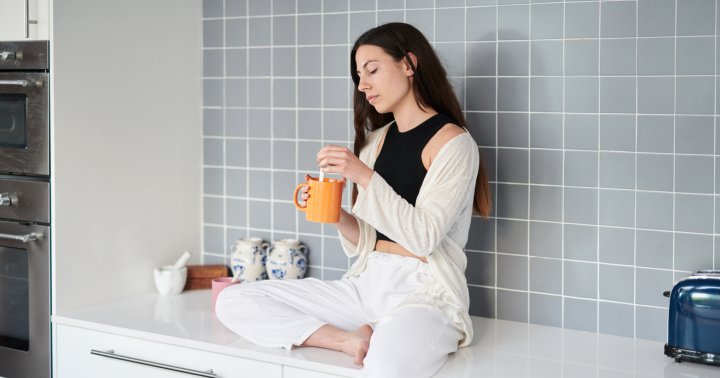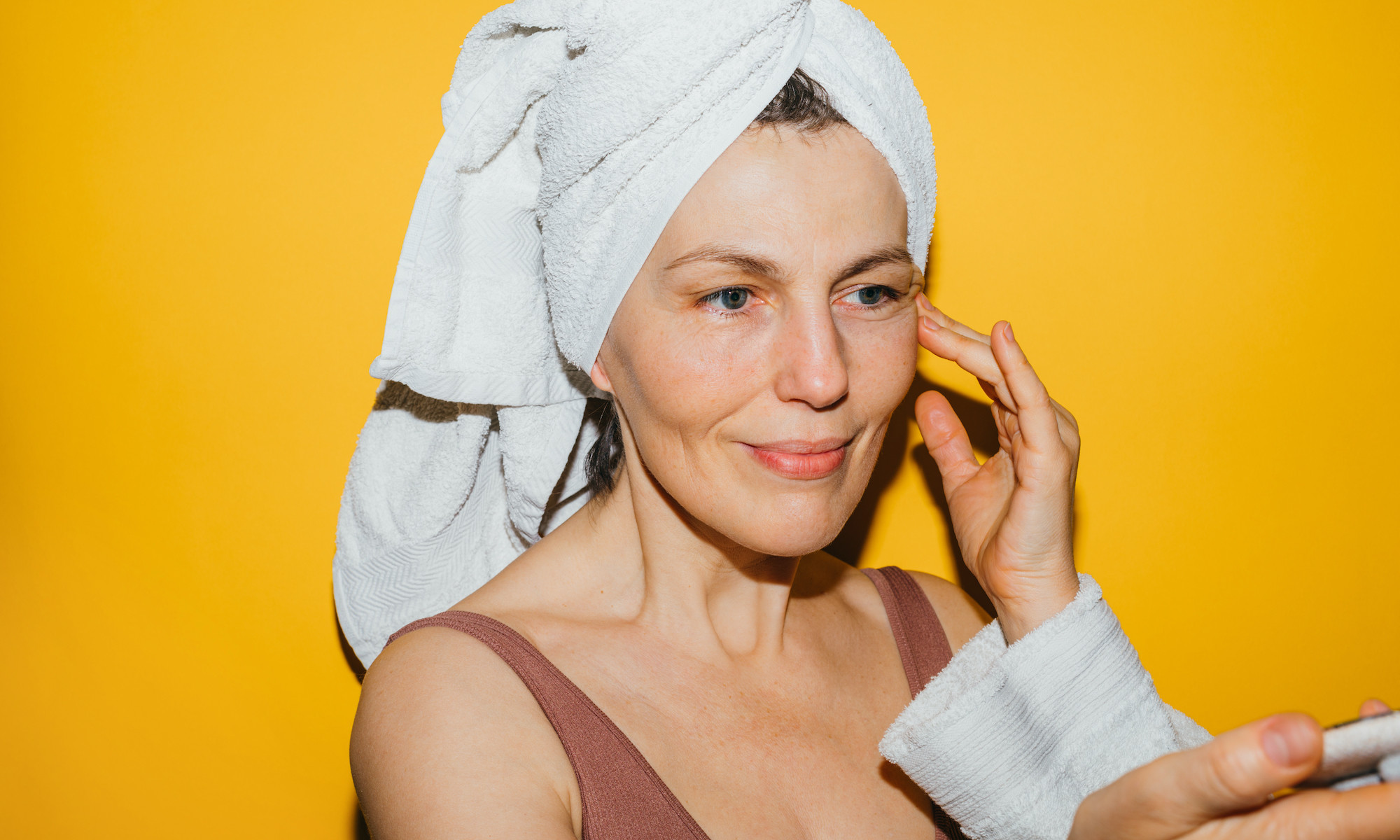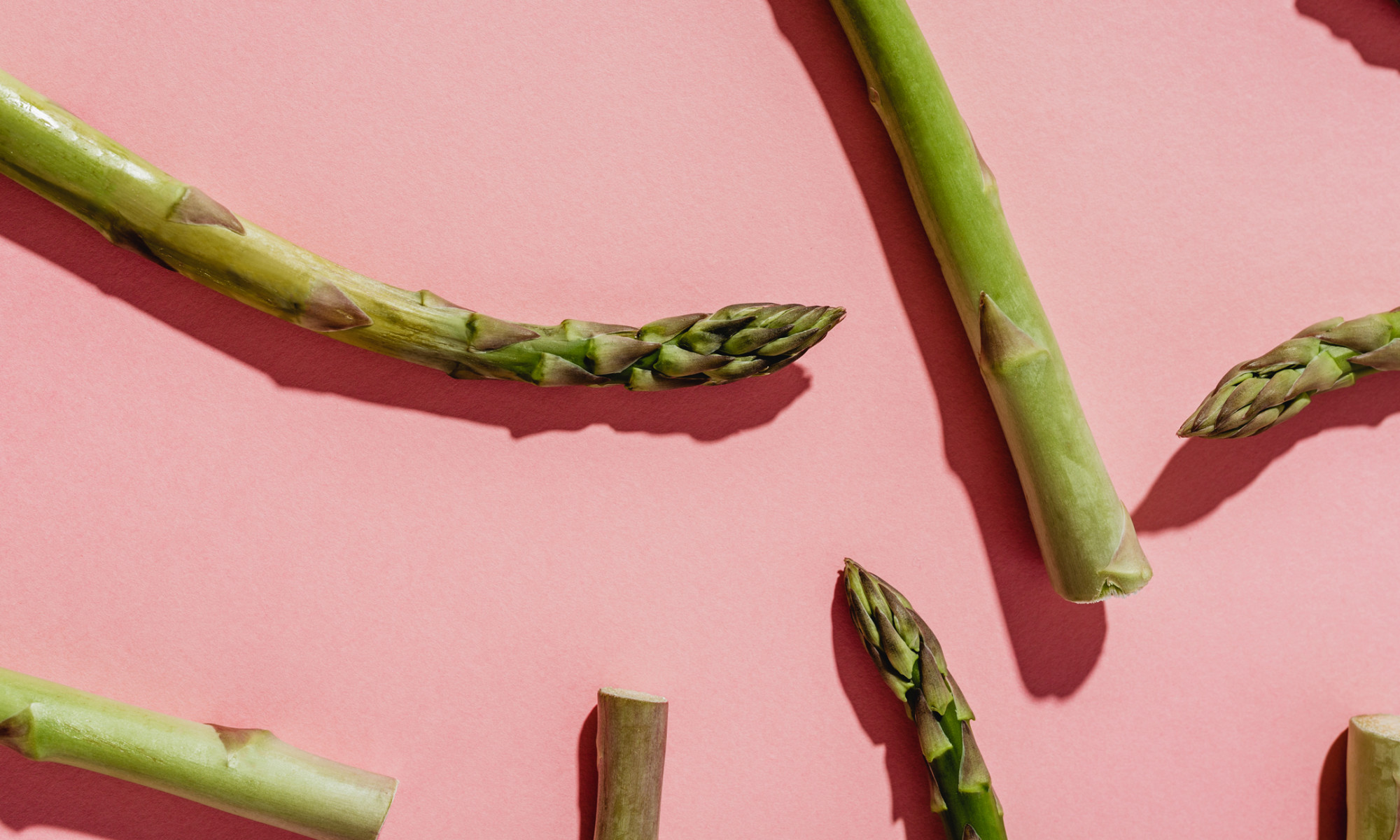5 Things To Stop Doing For A Healthier Vagina, From An OB/GYN
Plus, how to tell when something is off.

Advertisement
This ad is displayed using third party content and we do not control its accessibility features.

OB/GYN
OB/GYN
Liz Swenson is a board certified OB/GYN who has been providing care to women for more than 20 years. Originally from Iowa, she completed her medical training in Northern California where she still lives with her husband and two daughters. She has worked in a busy multispecialty practice in Palo Alto and has taught OBGYN residents as an Adjunct Clinical Faculty Member of Stanford University. She is now currently an OBGYN Advisor for Wisp, the largest sexual and reproductive healthcare provider in the U.S.
Image by Ivan Andrianov / Stocksy September 19, 2024 We carefully vet all products and services featured on mindbodygreen using our Our selections are never influenced by the commissions earned from our links. For those with vaginas, keeping the vaginal microbiome in balance is essential for a comfortable life. But what exactly does a healthy vagina feel like, and how can we support it through our daily actions? Let's dig in.
First off, what should a healthy vagina feel like?
Let's do a quick review of vaginal anatomy and function: The vagina is a muscular tube that is lined with epithelial cells that release small amounts of lubrication in response to estrogen and physical stimulation.
In this way, the vagina protects itself. It provides its own lubrication during sexual intercourse and is considered a self-cleaning organ. (This explains why having a small amount of vaginal discharge is normal; your discharge will change depending on your hormones throughout your menstrual cycle.)
A healthy vaginal environment has a balance of bacteria, or flora, as well as steady temperature and moisture levels. Although some differences exist with respect to normal flora by race/ethnicity, most studies find that a healthy vaginal flora is made up predominantly of Lactobacilli bacteria.
An imbalance of the vaginal flora can also be triggered by the use of certain products (like antibiotics), exposure to harmful bacteria, or excess moisture.
Mild imbalances in the vaginal microbiome are common and often will correct themselves. But it is also important to know what is considered abnormal.
If you experience symptoms like foul vaginal odor, itching, pain with sexual intercourse, or abnormal vaginal discharge (i.e., green, frothy, cottage-cheese-like, or bleeding outside of the time of your period), get evaluated by your health care provider.
Top tips for vaginal hygiene
As an OB/GYN, there are a few things I recommend avoiding or minimizing in pursuit of vaginal health. They include:
1.
Don't use harsh or scented soaps
Many gynecologists recommend using only water to clean the vaginal area, due to the sensitive nature of the vulvovaginal skin. If you feel more comfortable using a soap, be sure it's gentle and fragrance-free.
One of the companies I work with, Wisp, makes a gentle wash that I like for cleaning the vulva and surrounding region without disrupting vaginal pH or flora: Wisp Balancing Wash.
Avoid using scented sprays, pads, and powders, as these can often irritate the skin of the vulva and vagina.
Douching (washing the inside of the vagina) was once considered a healthy feminine hygiene practice. But the more we learn about the vaginal microbiome, the more we see that douching just flushes out the good bacteria and promotes imbalance and infection.
3.
Don't wipe from back to front after using the toilet
Always go from front to back! Rinsing with warm water after using the toilet also works well; just pat dry with a clean towel afterward.
4.
Don't wear restrictive clothing or stay in wet clothes for too long
I always recommend wearing breathable, loosefitting natural materials such as cotton. These help maintain a normal temperature, which keeps those good bacteria happy. Avoid staying in wet clothing (i.e., workout clothes or a swimsuit) for prolonged periods, as this can promote the growth of yeast and other bacteria that can irritate your skin and disrupt the normal flora.
5.
Don't neglect period care
Be sure to change menstruation products like pads, tampons, and period underwear every few hours. If using a menstrual cup, rinse the cup after each use.
The takeaway
When the vaginal flora is in harmony, you should not really notice or be aware of your vagina during a normal day. Avoid harsh, scented soaps and sprays, practice proper hygiene, and wear loose, dry clothing, and you'll be well on your way to a balanced, healthy vaginal microbiome.

 Tfoso
Tfoso 
































![Run An Ecommerce SEO Audit in 4 Stages [+ Free Workbook]](https://api.backlinko.com/app/uploads/2025/06/ecommerce-seo-audit-featured-image.png)